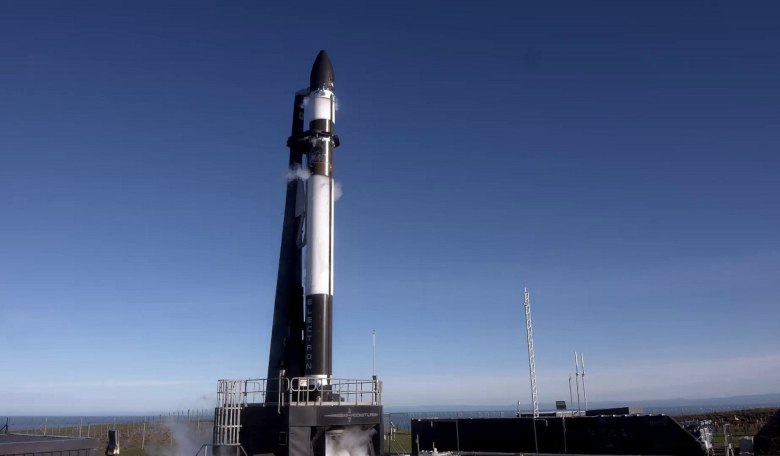Often said to be an unlucky number for some, following a successful lift-off, first stage burn, and stage separation, Rocket Lab's 13th Electron mission 'Pics Or It Didn't Happen' experienced an anomaly approximately four minutes into the flight, resulting in the loss of the vehicle and the payloads onboard.
"We are deeply sorry to our customers Spaceflight Inc., Canon Electronics Inc., Planet, and In-Space Missions for the loss of their payloads. We know many people poured their hearts and souls into those spacecraft," said Peter Beck, Rocket Lab founder and CEO.
"Today's anomaly is a reminder that space launch can be unforgiving, but we will identify the issue, rectify it, and be safely back on the pad as soon as possible."
In-Space Missions, who lost a nano sat has vowed to continue its Faraday satellite programme after the disappointment of losing their maiden satellite Faraday-1 during the launch on 4 July, 2020.
The nanosat was launched on a Rocket Lab Electron rocket yesterday evening (4th July) from New Zealand, but the launch vehicle failed in its late ascent, losing Faraday-1 and its seven payloads on-board, as well as several other satellites launching with Electron.
“The In-Space team sat poised yesterday evening watching the launch of Faraday-1, which was a culmination of two years of hard work. When we heard that the launch vehicle failed four minutes into the flight, we were all absolutely gutted,” said Doug Liddle, CEO and Founder of In-Space Missions, which is based in Bordon, Hampshire.
Faraday-1 had been carrying payloads from several customers including Airbus Defence and Space, Kleos Space, Lacuna Space, the Space Environment Research Centre in Canberra, Canadensys Aerospace and Aeternum.
“Many of our team have been involved in previous space missions, so we’re fully aware of the fragile nature of launches. However, this knowledge and experience doesn’t make this failed mission any easier to accept. We are also extremely disappointed for the seven customers on-board our satellite but will work hard with them all to ensure their planned missions successfully reach orbit as soon as possible,” added Doug.
Rocket Lab had previously launched 12 successful missions. Following launch, Rocket Lab founder and CEO, Peter Beck, tweeted: “We are deeply sorry to our customers Spaceflight Inc., Canon Electronics Inc., Planet, and In-Space Missions for the loss of their payloads. We know many people poured their hearts and souls into those spacecraft. Today's anomaly is a reminder that space launch can be unforgiving, but we will identify the issue, rectify it, and be safely back on the pad as soon as possible.”
Looking to the future, Doug said: “In-Space will not be deterred by this unfortunate accident. A lot of amazing work has been achieved to date, and we are already putting our experiences on Faraday-1 to work on our Faraday-2nd generation ESA programme as well as on a number of other satellites we have under contract. We were planning a Faraday-1b for launch in the middle of 2021 and we will now look to bring this forward. We will continue to











